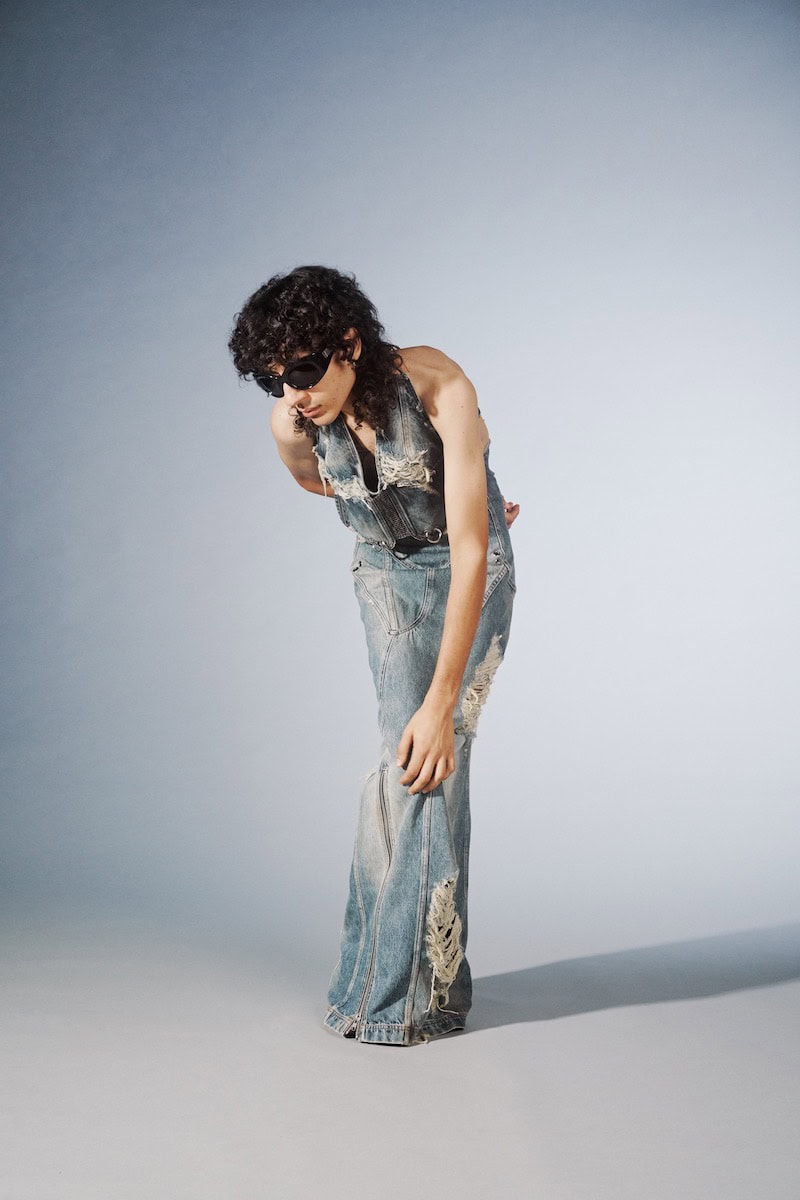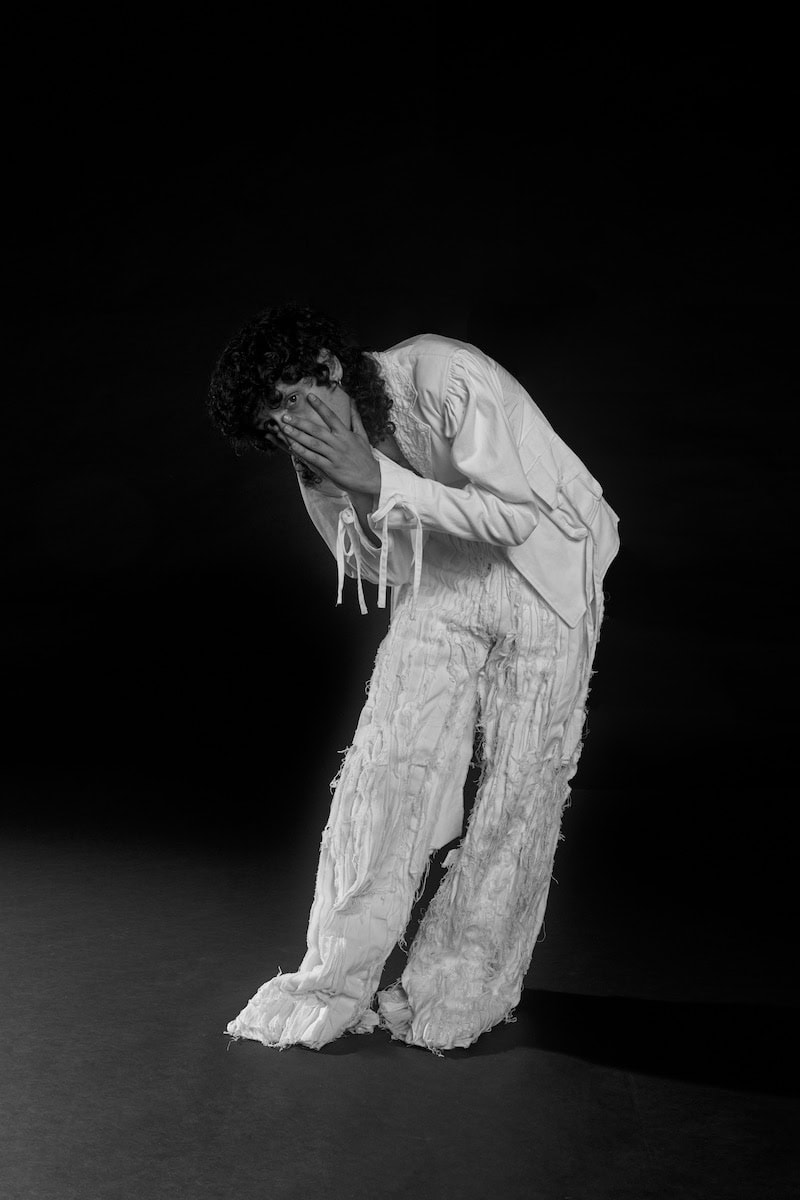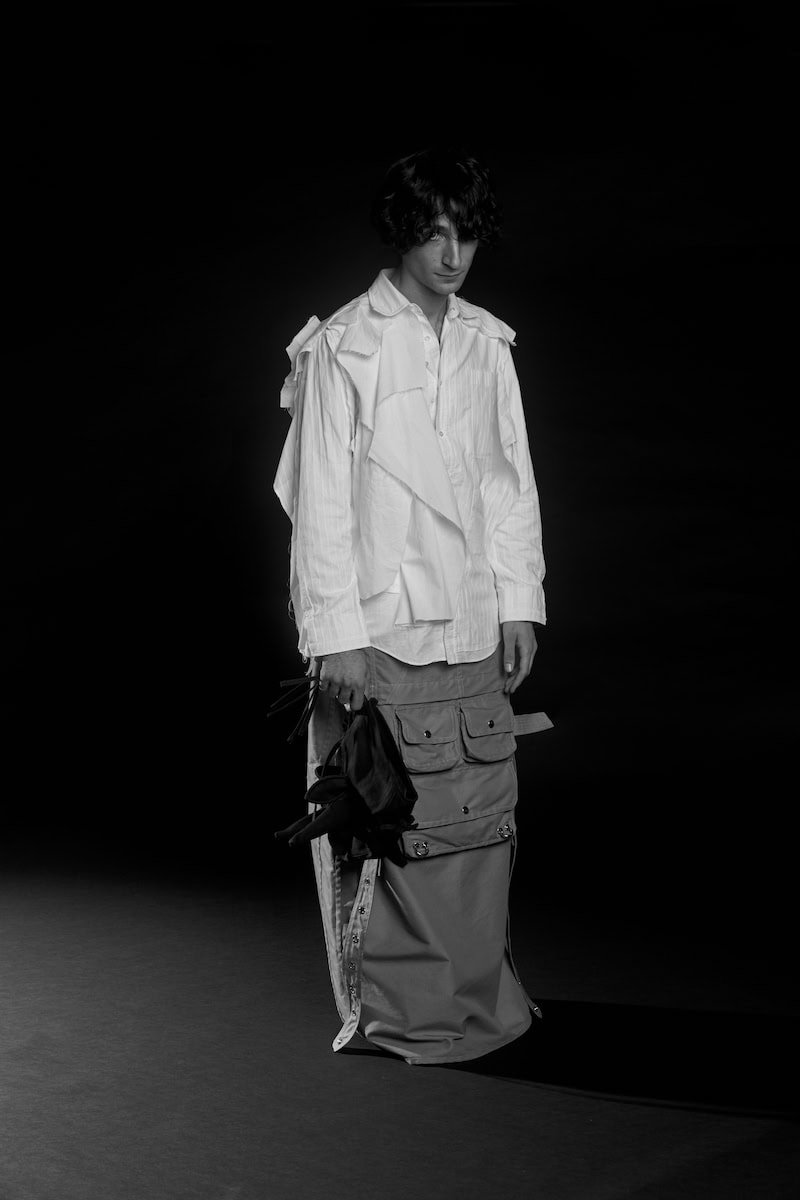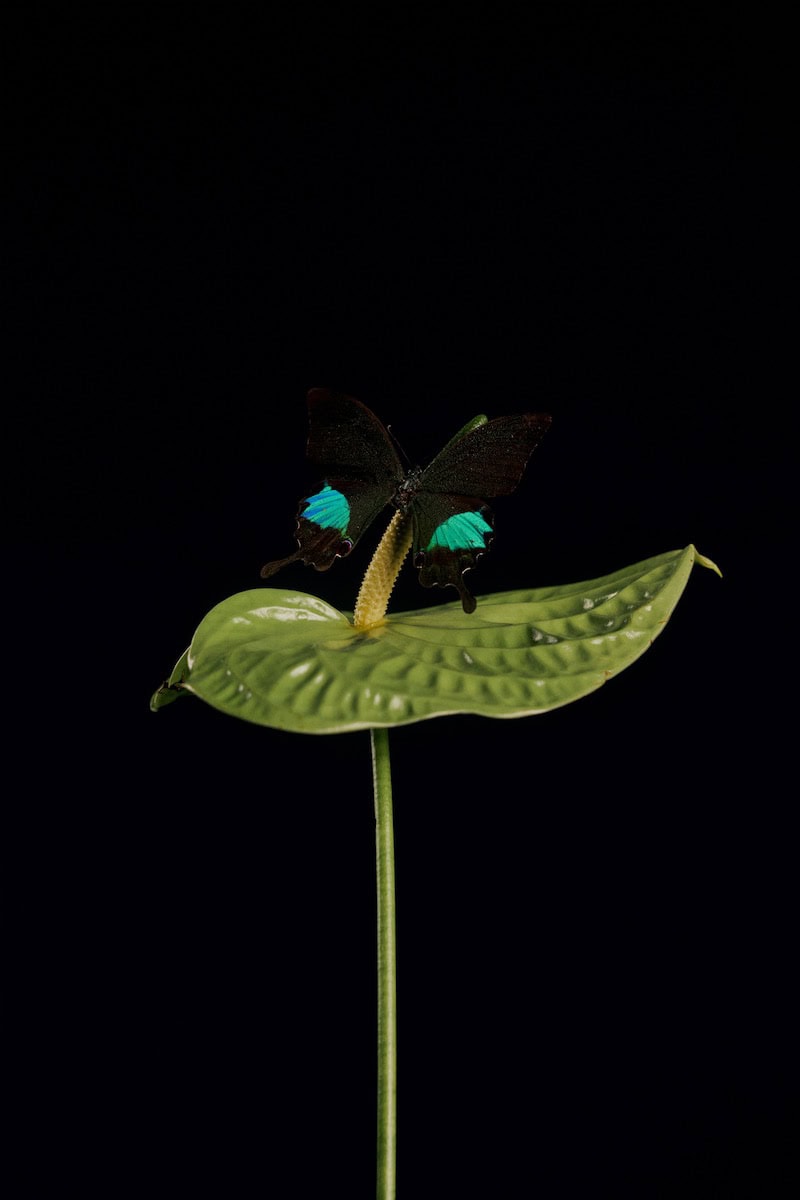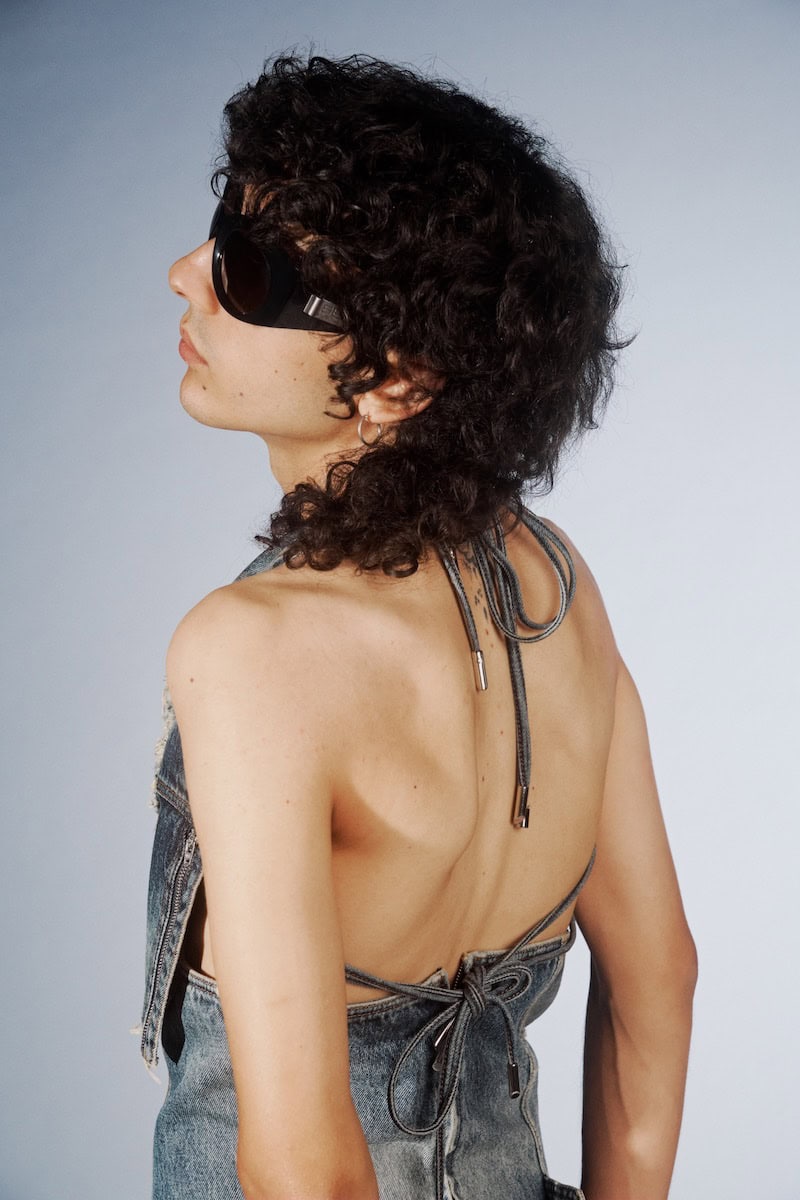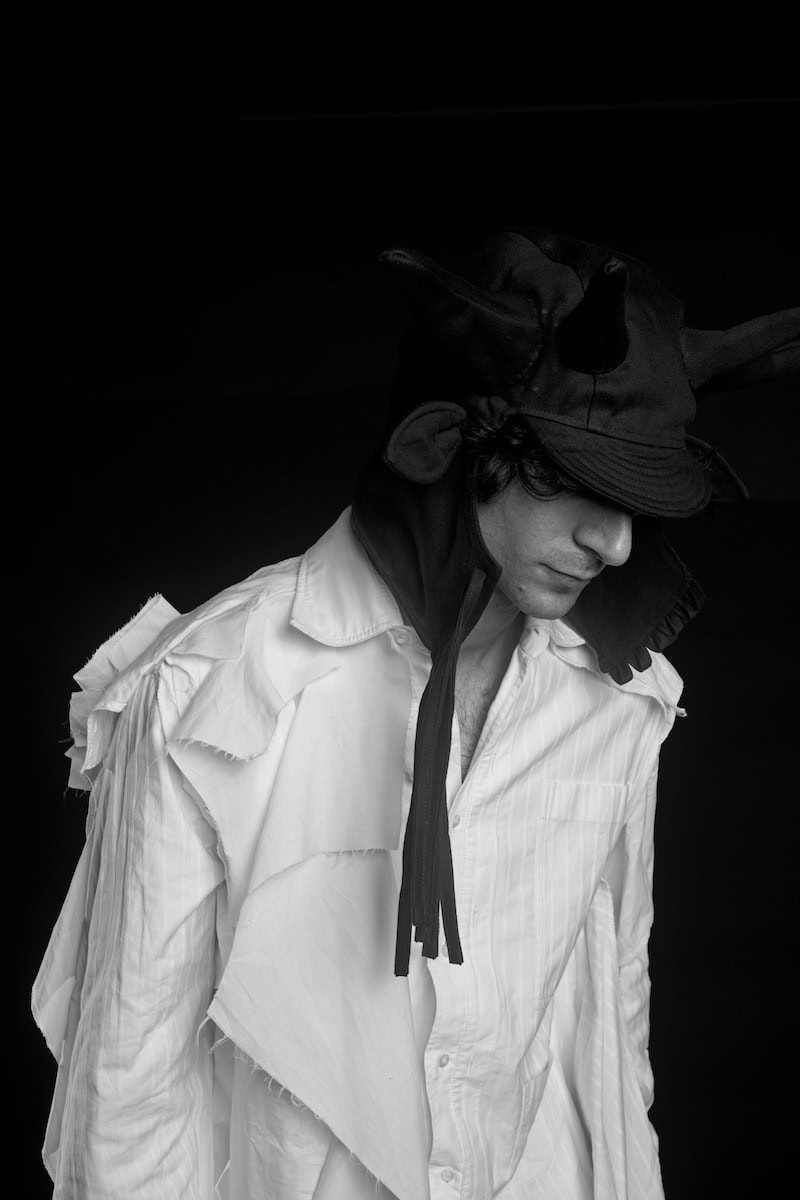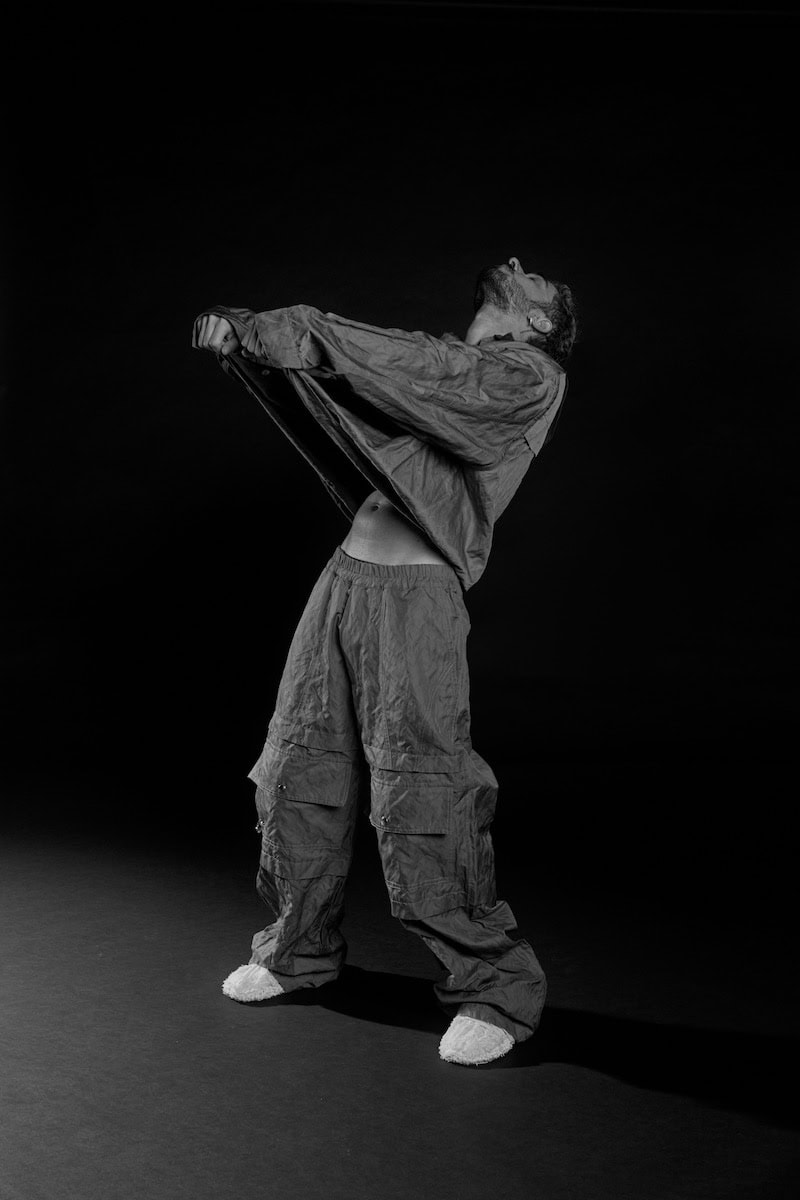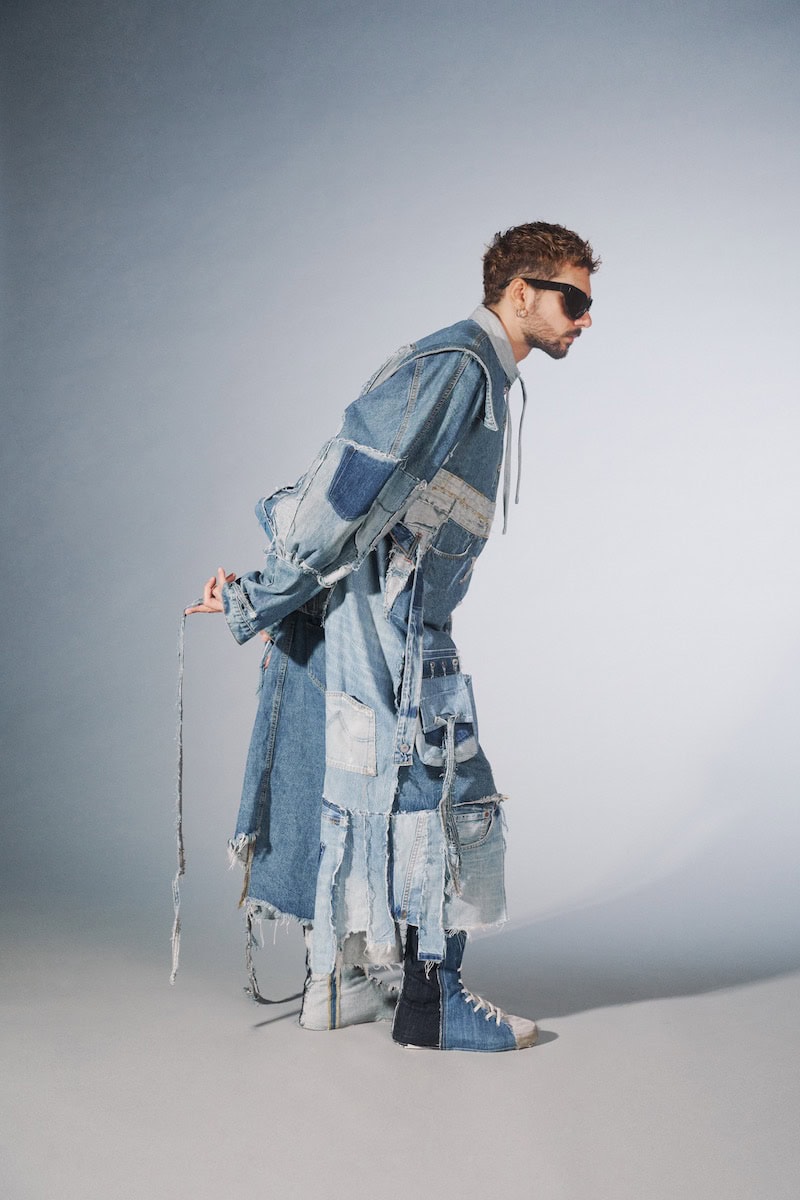Fuera is a trio that was originally a quartet. So many years have passed, however, since that distant 2017 when the project first took shape, that at times even Black Same, Diak Deezy and Jxmmyvis barely recognise each other. That’s a good thing for a group whose greatest fear is becoming something precise and pigeonholeable, something “you might later regret”, as the guys from Nola (Naples) tell me over the phone.
They are in Pavia at Jimmy’s (Jxmmyvis) house, where they will stay a few days after the end of the tour of Circus Crescent, their last album from 2022. The Milan date on October 3rd was the final one, ending a long run of dates up and down the country. Were they playing in an orchestra they would be much fresher right now: but since they play a mix of rap, spoken word, and jazz psychedelia on quarter bass drum, it is easy that, after 60 danced and sweaty dates through Italy, fatigue sets in. Throw in a natural existential melancholy with a Sartrian aftertaste, and the recipe for a neo-romantic dance is made.
CB: Do you split your time between Campania and northern Italy?
F: Yes. Deezy has a son down in Nola, so he needs to stay down there as much as possible. And we’re not overly fond of Milan or ‘the big city’ in general. Our life is a bit of a circus and it’s been that way for many years now. Professionally speaking for at least four or five years but the project started even earlier.
CB: Yes, almost ten years ago. What keeps you together, apart from music?
F: There are lots of things, but essentially we have very strong personal relationships. We’ve got a solid friendship that dates back to before starting the band. We fight sometimes, of course, but over time we have learned to appreciate each other’s points of view. That’s the best way for a band to be.
CB: I’ve known bandmates who communicated with each other via email.
F: Right, that’s a bit extreme. Or maybe we’ll be doing that too in 20 years. Perhaps our friendship will have fallen by the wayside and we’ll have a strictly working relationship. We’re together all the time when we’re in Pavia. We live together, even for long periods if we’re on tour. And then there are the times when two of us go back down to Nola and the relationship becomes more ‘virtual’.
CB: How was the Milan show?
F: Cool. It was the final date of the Circo Mezzaluna tour. We had more or less three rounds of dates: one last summer, just after the record came out, another in the winter and then the third one this summer, with festivals and various events. We must have done about 60 shows in total.
CB: Sounds quite intense.
F: It was. We’ve been all over the place and we’ve seen it all. There are places where people are rowdier by nature and others where they are quieter. In Milan, it depends though. Normally you always find the rowdy crowds there and we like that but we didn’t really have a rowdy crowd at our concerts, like the live show at Magnolia in April. If anything, everyone was very polite. They just wanted to sing, dance and enjoy the live show. Every place has its audience, let’s say.
CB: I’ve seen you do anything and everything onstage: from DJ sets to guitar solos.
F: Yes, we like to mix it up. Even between songs. And the more instruments we have, the more freedom we have to offer the audience a different experience, wider than the tracks on the record. One moment there might be, as you say, a kind of hardcore DJ set, but only playing our tracks, so it’s not really a set. And then there are the lighter live music moments, veering into prog rock if you wish, like the guitar part.
CB: Do you come from a rave background?
F: Yes, some of us. Nowadays, when the opportunity arises, we don’t shy away from it. But not necessarily illegal parties. Quieter things if anything. What unites everything within Fuera is ultimately electronic music. You can make it harder or more organic, you can make it a sensory journey. There are so many different facets and that’s the glue that holds it all together: after that, you have countless ways to express yourself.
CB: You are clubbers more than anything.
F: Yes, always have been. There’s a good club scene down in Campania. We’ve always been into clubbing, especially the more aggressive and harder techno sounds. Other Italian cities have different kinds of electronica and different approaches. We try to mix things up a bit to match our style. Our tracks can even get pretty hard when we’re playing live. Out of an hour-and-a-half live show, you make 20 minutes aggressive. What is essential is that they are danceable and that the crowd is always vibing.
CB: I notice a certain fondness for the scene abroad, the odd Berlin reference.
F: We made a song about Berlin, but we are not obsessed with it. More than anything, I think the foreign influence can be found in our sound. We try to blend international influences, even outside of Europe. We look at Latin, Middle Eastern and Arabic music. Lately we have been using Spanish in our lyrics–it just happened that way, as part of our personal growth. We already have a natural connection, of course, being Neapolitans. Some of our favorite artists sing in Spanish, from Manu Chao to Rosalía, Arca and Nicolas Jaar. We feel we belong more to that world than to the world of ignorant techno with its heavy bass. But there is also that.
CB: You talk about feeling marginalised in your music. Do you still feel that today?
F: Yes, quite a bit but not as individuals or as a group. If anything, as human beings in this era. We feel a sense of marginalisation that you will often find in our lyrics, it’s a recurring theme. It comes naturally to us to talk about it. It starts as musical marginalisation, then becomes psychological. Sometimes we tackle the hardest things about being in the world: existential discomfort, the lingering sense of inadequacy that defines this era.
CB: Does being away from home contribute to the problem?
F: Yes, it definitely contributes to the sense of alienation. You tend to forget the things you belong to, even musically. But it’s the job we chose for ourselves and we always enjoy it. We’ve been working for a while now on a series of singles that will go on to make up a bigger project. We are trying to tap into some unexpressed sides of us, in part through certain influences that we are rediscovering. We want to do something more all-encompassing, looking beyond Italy. We want to bring a more engaging sound to the rest of Europe too.
CB: You have expansionist aims, then.
F: We are very aware that there’s not a huge alternative scene in Italy. Seeking attention abroad might be a good solution and an alternative to resorting to dysfunctional record label dynamics. What we do is interesting to take on a live tour abroad. Since we’re not a successful band in Italy, we don’t necessarily have to appeal to Italians living abroad. We want to try and reach the locals directly. It’s worth trying. We just want to play on a stage. That’s the most important thing.
CB: Perhaps that’s what Fuera really means: an escape.
F: Maybe that’s what it has always unconsciously meant. We could talk about this for hours. Fuera is because we feel ‘outside’. Either because we work a lot by exclusion in the creative process or because, rather than being something, we wish to be nothing in particular. We are quite fickle people, so we don’t want to fit into anything specific, partly out of fear of making the wrong choice.
CB: The concept of denial is very punk.
F: Thank you, that’s a great compliment.


